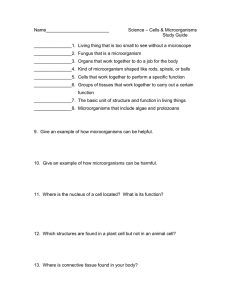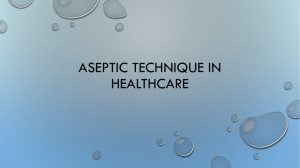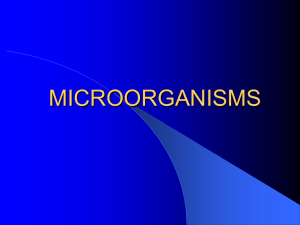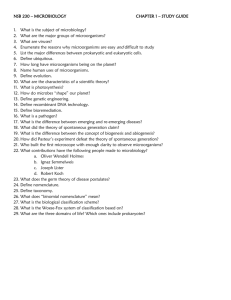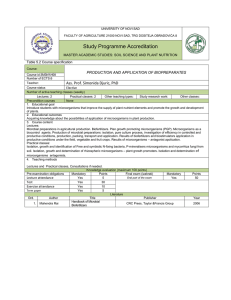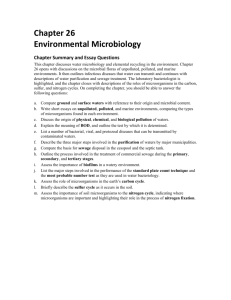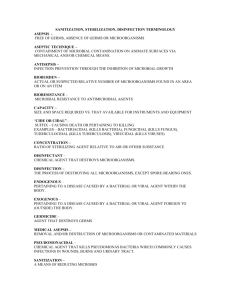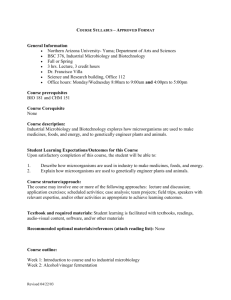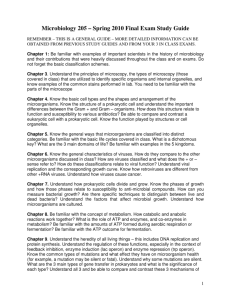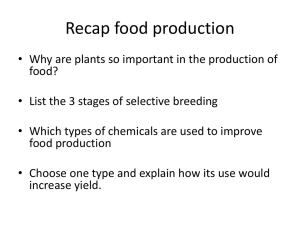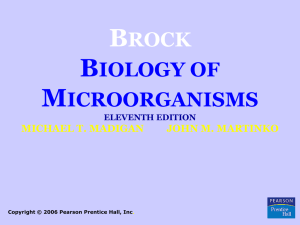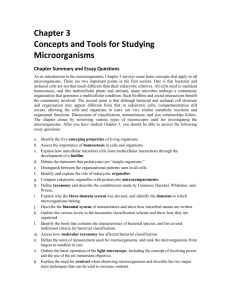INFECTION CONTROL General Orientation
advertisement
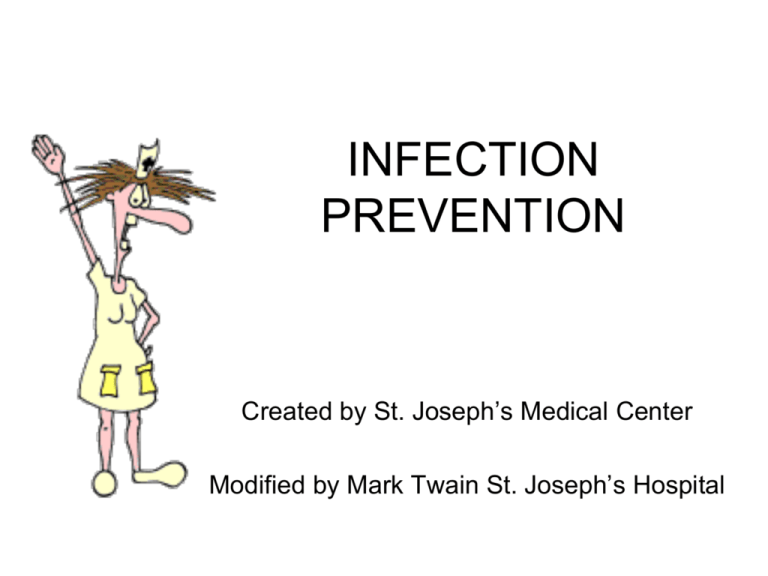
INFECTION PREVENTION Created by St. Joseph’s Medical Center Modified by Mark Twain St. Joseph’s Hospital Objectives • Describe the role of microorganisms in disease • Describe how microorganisms are transmitted • Describe proper hand washing techniques Microorganism: an organism that is microscopic (usually too small to be seen by the naked human eye). Includes: »Bacteria »Fungi »Viruses »Parasites NORMAL FLORA • Microorganisms (usually bacteria) that are found on healthy human body surfaces • Each body site has its own normal flora • Normal flora can cause infection if numbers are high or host is compromised • A pathogenic microorganism is capable of causing disease. COLONIZATION vs INFECTION • Colonization occurs when microorganisms inhabit a specific body site (such as the skin) but don't cause signs and symptoms of infection • Infection is clinical signs of illness or inflammation (e.g., localized pain/tenderness, redness, warmth, swelling; pus; fever) due to tissue damage caused by invasion by the microorganism Chain of Infection Causative Causative Agent (fungus, Agent virus, bacteria) Susceptible Host (people, equipment, water, food) (age, chronic illness) Entry Portal (respiratory, GI, mucus membranes, broken skin) Reservoir Exit Portal (excretions, Mode of Transmission (contact, airborne, vehicle, vector) secretions, blood) How Are Microorganisms Transmitted? • • • • Airborne Contact Droplet Ingestion How do we prevent transmission of microorganisms? Through Asepsis Aseptic Technique: Methods by which microbial contamination is prevented in the environment • Reducing the number of microbes to the lowest possible number • Purposefully preventing the transfer of microbes from one person to another • Keeping your environment clean • Frequent hand washing Cornerstones of Medical Asepsis • Know what is dirty • Know what is clean • Know what is sterile • Eliminate contamination immediately Key Definitions • Cleaning – Remove residues, dirt and other contamination Disinfection - The process of microbial inactivation that eliminates virtually all recognized pathogenic microorganisms, but not necessarily all microbial forms (e.g., spores) Sterilization - The use of physical or chemical procedures to destroy all microbial life. Hand Hygiene Is the single most effective method of preventing the spread of microorganisms Can reduce infections by 50% Costs almost nothing! Hand Washing Remove all jewelry Use soap and warm water Lather and scrub briskly for 15 seconds under nails around cuticles between fingers in folds of wrist Dry thoroughly Use paper towel to turn off faucet Always wash with soap and water when hands are visibly soiled. Hand Sanitizer It’s as easy as 1, 2, 3… 1. Apply handrub to palm of one hand. 2. Rub hands together covering all surfaces of hand and fingers. 3. Rub until handrub is absorbed. When to Wash or Sanitize Your Hands • • • • • • • • When you get home from school, work or shopping Before & after eating, drinking, or smoking After touching your pets After touching any contaminated item or surface After blowing your nose, using the restroom, fixing your hair, etc. Any time you think your hands are dirty Before and after changing a diaper Use alcohol hand rubs when washing your hands is inconvenient and they are not visibly soiled. And Don’t Forget: • • • • • To wash your hands frequently To get appropriate immunizations To practice respiratory etiquette Don’t go to work sick Don’t send your kids to school sick
